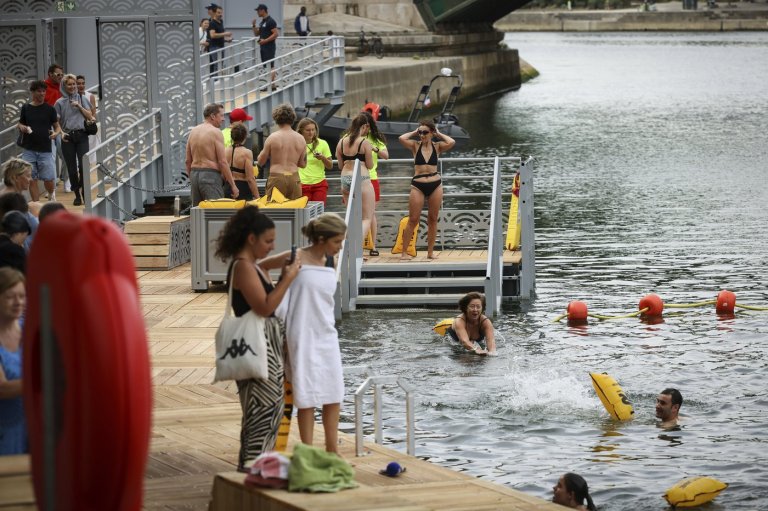
Chan takes superb gold at Rostelecom Cup, Korpi edges Americans in women’s event
MOSCOW – Two clean quads, an air of understated power and flowing moves brought Canada’s Patrick Chan the gold medal on Saturday at the Rostelecom Cup stage of figure skating’s Grand Prix series.
Kiira Korpi of Finland overcame jetlag to win the women’s gold, while first place in pairs went to Russia’s Tatiana Volosozhar and Maxim Trankov.
Chan laughingly said his superb show in Moscow was thanks in part to his chagrin at placing second before a home-country crowd at Skate Canada.
“It kind of sparked something in me … it sucks to lose,” he said. The Toronto skater’s disappointment spurred him to practice intensively and “I didn’t leave any chance for mistakes.”
Chan was the only one of the men to land two quads, both of them strong enough to look almost relaxed. Japan’s Takahiko Kozuka, who won bronze, under-rotated his first quad and fell on his planned second.
The Czech Republic’s Michal Brezina started the free program in sixth place and ended with silver, benefitting from the mistakes that plagued Russia’s Konstantin Menshov who was in second after the short program.
Skating to the dramatic music from “Once Upon a Time in America,” Korpi opened with four strong triples — two toeloops, a lutz and a flip — then doubled her fifth attempt, a loop. After recovering for a triple-double-double cascade, she fell on what was to be another triple loop.
Korpi said she was feeling the effects of having competed far away just a week ago at the Cup of China, where she won bronze.
“There were a few mistakes in my easiest jump, the loop,” Korpi said. “This was the hardest two weeks.”
Korpi said her back-to-back medals vindicated the soul-searching she went through after being troubled by injuries last season.
“I’m already pretty old for a skater,” the 24-year-old Korpi said.
Her free skate pushed her past American Gracie Gold, who had been incrementally ahead after the short program. Gold opened strongly Saturday with a speedy triple lutz-triple toe, but she scratched two of three three jumps in the cascade that was to directly follow and doubled two subsequent triples.
But at age 17 and medaling in only her second Grand Prix, she was able to take it all in stride.
“It had a lot of flaws, but that’s just more room to improve in,” Gold said. “I was happy with it but I know I can do so much more.”
American Agnes Zawadzki, who was seventh in Moscow a year ago, also notched her first Grand Prix medal with the bronze.
Volosozhar and Trankov started their program with a high triple twist lift, but ran into trouble quickly, each of them stepping out of one part of a triple salchow-double toeloop. She then fell on a throw triple loop and Trankov soon followed her to the ice on the subsequent triple toeloop.
Trankov said the pair had been concentrating on fixing problems in their lift and “this is maybe the reason we made mistakes.”
Fellow Russians Vera Bazarova and Yuri Larionov won silver and Americans Caydee Denney and John Coughlin took bronze.
Join the Conversation!
Want to share your thoughts, add context, or connect with others in your community? Create a free account to comment on stories, ask questions, and join meaningful discussions on our new site.











Leave a Reply
You must be logged in to post a comment.